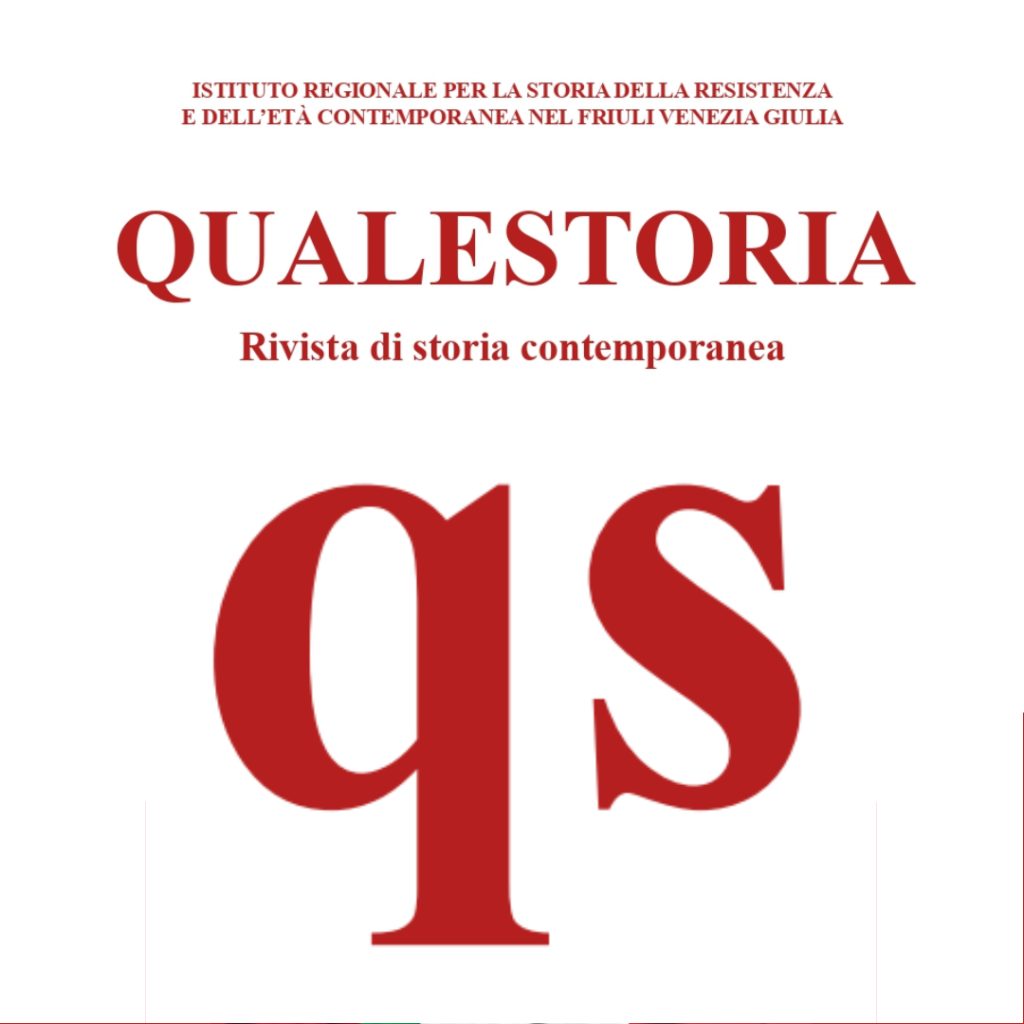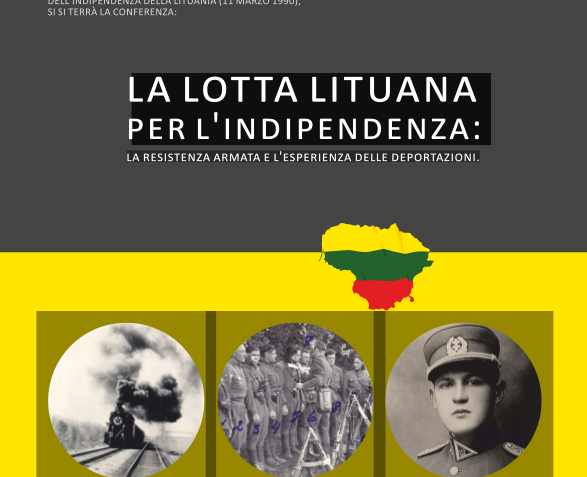deadline: 1 luglio 2018
Regional, National, and Local Identities in Central Europe
and the Black Sea Region in the last 100 years – An International Workshop
October 11-12, 2018, Bucharest
Venue: ”Nicolae Iorga” History Institute, Bd. Aviatorilor, no. 1, Bucharest.
Deadline for submission of abstracts: July 1, 2018
International workshop organized by „Nicolae Iorga” History Institute and Centre for Memory and Identity Studies (CSMI) in the framework of the project „Knowledge Exchange and Academic Cultures in the Humanities: Europe and the Black Sea Region, late 18th century-21st century”.
Convenor: Claudia-Florentina Dobre (Nicolae Iorga History Institute/CSMI)
Scientific Committee: Ovidiu Cristea, Liliana Deyanova, Keith Hitchins, Karl Kaser, Sergiu Musteață, Maria Pakucs, Kristina Popova, Izabela Skórzyńska, Cristian Vasile
Organising Committee: Claudia-Florentina Dobre, Maria Mateoniu, Cristian Emilian Ghiță, Valeriu Antonovici, Dominik Gutmeyr
100 years ago, at the end of the First World War, the world system changed. The European medieval multi-ethnic empires vanished for good. New nations emerged on the world scene. Within the new nations, new and old minorities tried to perserve and/or develop/transmit their local/regional/national identities. A Ligue of Nations was created in order to help the new nations develop and to protect theirs interests. However, this did not hinder the Second World War and the genocide it brought along. Yet, the world system of nations survived the attrocities of WWII being only recently challenged by globalisation, enviromental issues, migrations, new technologies as well as by the establishment and developement of trans-national entities such as the European Union.
Our conference aims at finding answers to the question of identities in Central Europe and the Black Sea Region (BSR) from different perspectives: national, regional, local, and cultural. Its purpose is twofold: on the one hand, to describe and analyse the construction, adaptation, evolution and transmission of the national/local/cultural identities in Central and Eastern Europe and the Caucasus seen as processes under Western influences but bearing local meanings and acquiring special shapes and contents, and, on the other, to see what is at stake in building an European identity and its influence on the national/regional/local/ cultural identities of Central and Eastern Europe as well as the Caucasus.
The conference will give a special attention to the impact of the Western ideas, discourse and practices on building/rebuilding national, regional and local identities in the Black Sea Region. The region is set as a case study for our conference topic as most of the countries around Black Sea, if not all of them, adopted and assumed a Western model of identity construction. However, this model was not implemented as such but adapted to the local context. This process was best described by Popkewitz through its concept of ”Traveling Libraries”, a metaphor for „the different sets of assemblages, flows and networks through which intelligibility is given to the changes”[1].
An imporant purpose of this conference is to discuss the usefulness, the transformation and the new meanings of concepts such as, „imagined communities” (Anderson, 1983), ”invention of traditions” (Hobsbawm, Ranger 1983), „reframed nationalism” (Brubaker, 1996) in our contemporary world in the BSR and Central European region. Another focus of our workshop will be the analysis of the role of images (including propaganda images) in shaping and transmitting national/regional/local/ cultural identities as their power increased lately due to the new medias.
The workshop aims at addressing the above mentioned issues as well as the following topics (but not only):
– Emerging and evolution of national identities in Central Europe and BSR
– Old and new ideologies in fashioning identities
– The role of literature, arts, history, etc. in building national/local/regional identities
– Minorities within nations
– Redefining national identities in UE
– The impact of the new technologies in forging new national, local, and social identities
– New global issues (enviromental, migration etc.) and their role in changing regional, national, local identities
– Theoretical approaches of identities in Central Europe and BSR
Please send your 500 words abstract as well as a short biography to the following address, memorialstudies@gmail.com by July 1, 2018. The selection committee will let you know if your proposal was accepted by August 1, 2018. The conference language is English. There is no participation fee! A selection of papers presented at the workshop will be pulished in MemoScapes. Romanian Journal of Memory and Identity Studies, issue 3 and/or 4. http://studii-memoriale.ro/ index.php/ro/revista- memoscapes/
[1] Th. Popkewitz (ed.), The modern self and John Dewey. Modernities and the travelling of pragmatism in education, New York: Palgrave-MacMillan, 2005, p. 10.













